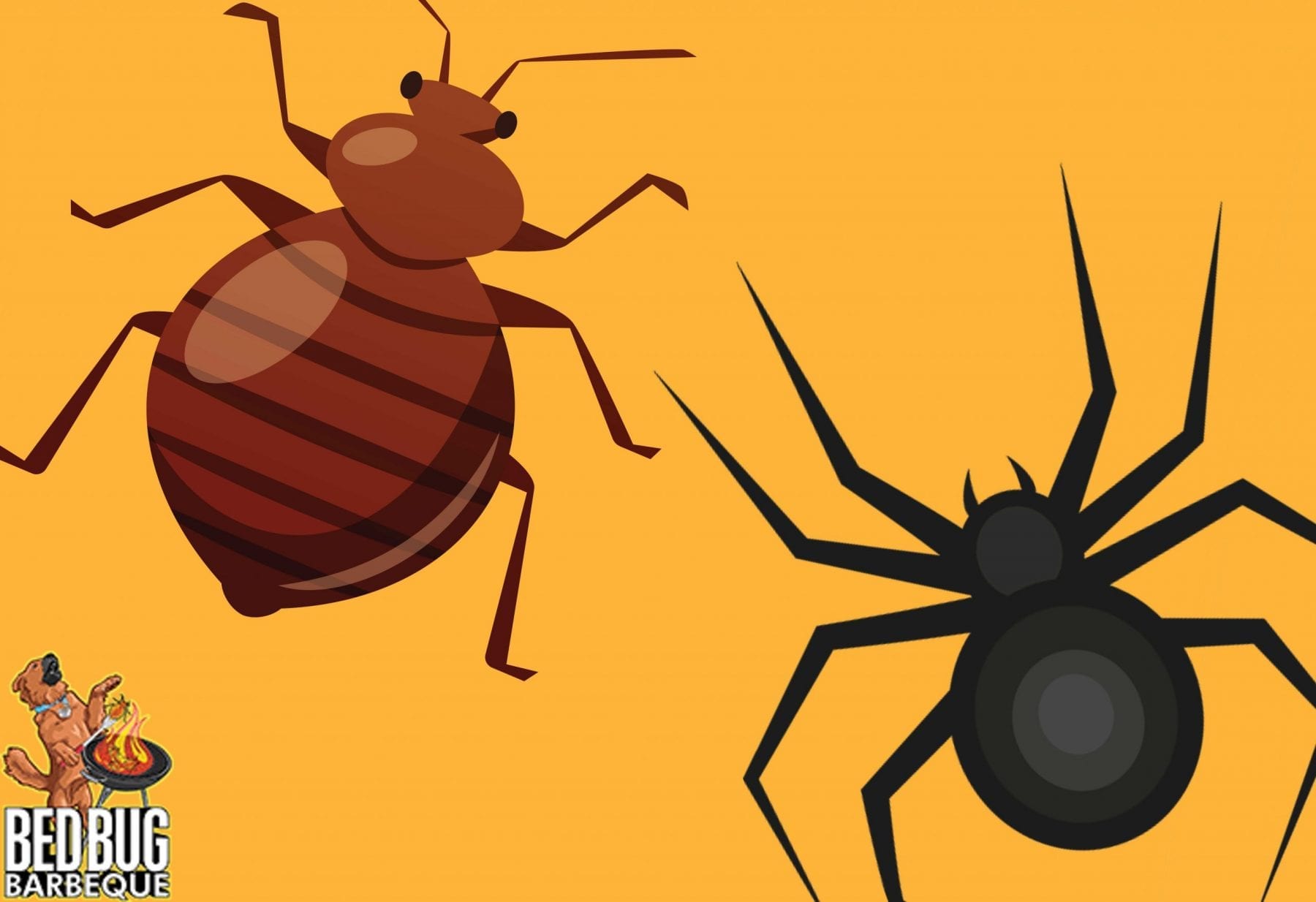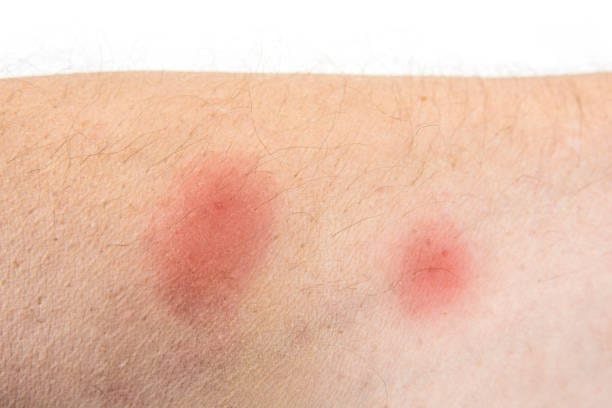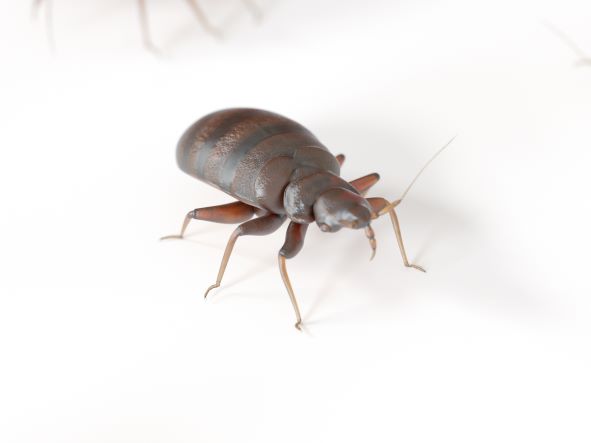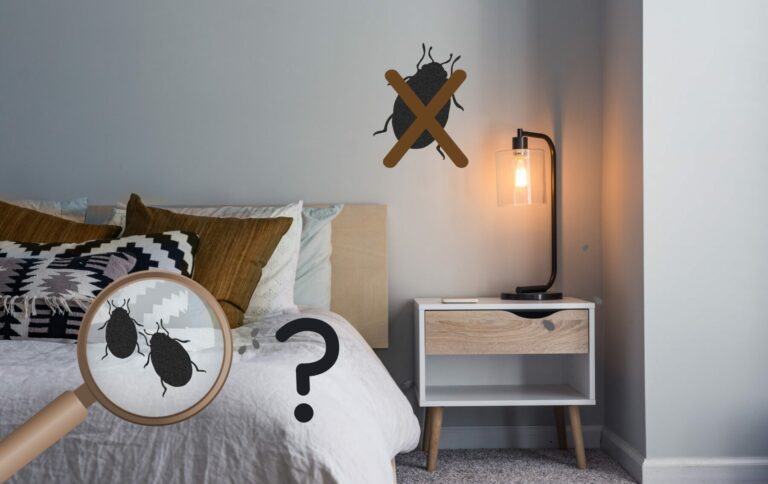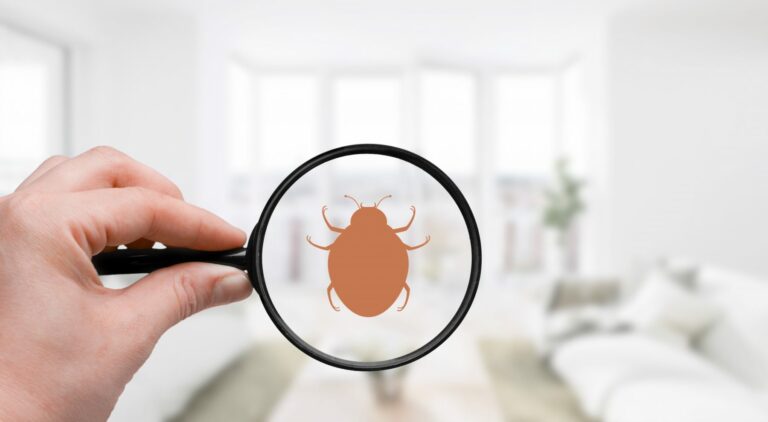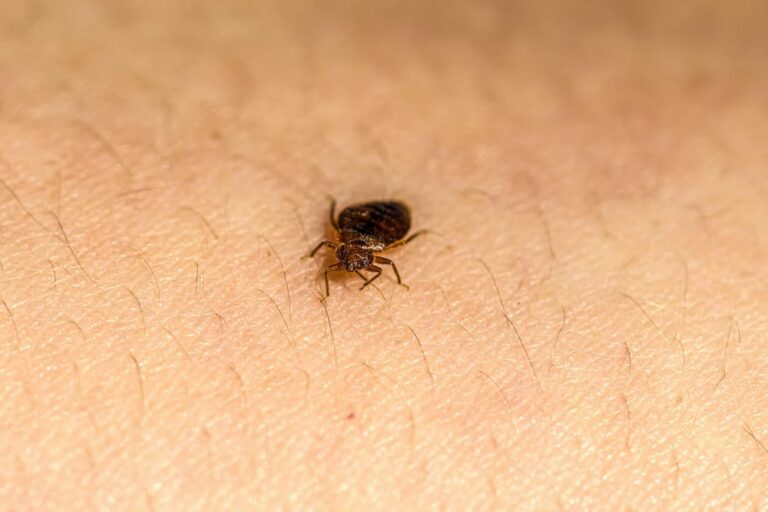Bed Bug Bites vs. Spider Bites
Chances are, you’ve woken up with a mysterious bug bite before and wondered where it came from. As you scratch at it absentmindedly throughout the day, you find yourself trying to remember if you encountered any pesky mosquitoes the day before, or if you forgot to use your bug spray when you went to sit outside for a while. Then it occurs to you: could the problem actually be bed bugs? The problem is, spider bites and bed bug bites can look pretty similar. We’ll walk you through how to tell which one you’re dealing with- and what to do if you’re dealing with a bed bug infestation.
Why Do Bed Bugs Bite?
Bed bugs are like little apple seed-sized vampires. They drink blood in order to feed themselves and survive. This is why they like to hang out in your bedroom- they wait until you’re sleeping to crawl out and bite. It’s easier for them to bite when you’re sleeping because they don’t have the best gripping or climbing skills. So if you’re awake and walking around, it’s hard for them to get a good grip on you and they end up falling off and not being able to feed. They prefer to feed on people who are nice and still- and that usually means they feed when you’re asleep. They’re pretty smart and have learned over time that if it’s light out, humans are going to be awake and moving around. If it’s dark out, it’s usually safe for them to come out and eat. We also emit more body heat and carbon dioxide while we’re sleeping, which attracts bed bugs.
Why Do Spiders Bite?
Unlike bed bugs, spiders don’t bite us for sustenance. Spider bites are a defense mechanism. Most spiders actually can’t bite humans- their fangs are too small to pierce our skin. If you’re waking up with spider bites, chances are, there was a spider in your bed that felt threatened when you rolled over or moved. Spiders and humans usually co-exist quite well. Many humans are scared of spiders, but spiders are really more afraid of us than we are of them. Unless a spider feels threatened, it’ll usually leave humans alone.
How to Tell The Difference Between Spider Bites and Bed Bug Bites
So how do you tell if you’re waking up with a spider bite, which may be a one-time annoyance, or a bed bug bite, which indicates a problem that needs to be addressed? There are a few ways to tell. First, if a spider bites you, it’ll probably only bite once. A spider will bite in order to neutralize a perceived threat, so it’ll probably bite you and then run away. Bed bugs, on the other hand, usually leave more than one bite. They walk across your skin and leave several bites in a line during a feeding session. So if you have lines or groups of bites when you wake up in the morning, it’s likely that bed bugs are to blame. Second, if the bites are happening often, it’s probably bed bugs. Since spiders bite defensively and usually just once, if you have new bites when you wake up, you may have a bed bug problem. If your bites are on your neck, face, hands, or arms, that’s another indication of a bed bug infestation. These are bed bugs’ favorite feeding spots, whereas spider bites can happen virtually anywhere on the body.
Should I Be Concerned About Bites?
The good news is, bed bug bites are relatively harmless, though the itching can be annoying. In rare cases, bed bug bites can cause mild anemia, but you cannot get rabies or anything like that from a bed bug bite. Spiders, on the other hand, can sometimes carry infectious diseases. If your bite swells up, is warm to the touch, or produces pus, you should call a doctor. Other signs that a spider bite may be making you sick include fever, nausea, chills, and other flu-like symptoms.
What Should I Do If I Suspect Bed Bugs?
If your bites are indicative of a bed bug infestation, don’t panic, but do call a bed bug removal company immediately. Do not attempt to fix the problem on your own by using pesticides, foggers, or essential oils. These methods are usually not very effective because in order for them to work, you have to spray the chemical or oil on each individual bed bug. If you miss one or two, your home will smell like chemicals and you’ll still have a bed bug problem. Heat treatment is the most effective way to get rid of bed bugs. Your home will need to be heated to a temperature over 120 degrees and kept at that temperature for several hours in order to kill the bugs.
Got Bed Bugs?
Don’t let the bugs bite- call Bed Bug Barbeque instead! We use heat treatment to get rid of bed bugs. After this safe, effective treatment is completed in less than 24 hours, your home is guaranteed bed bug free for 60 days! Contact Bed Bug BBQ today for a FREE quote and inspection at (216) 221-1227 or through our website, and check out our other bed bug informational resources on identification, prevention, and eradication.

